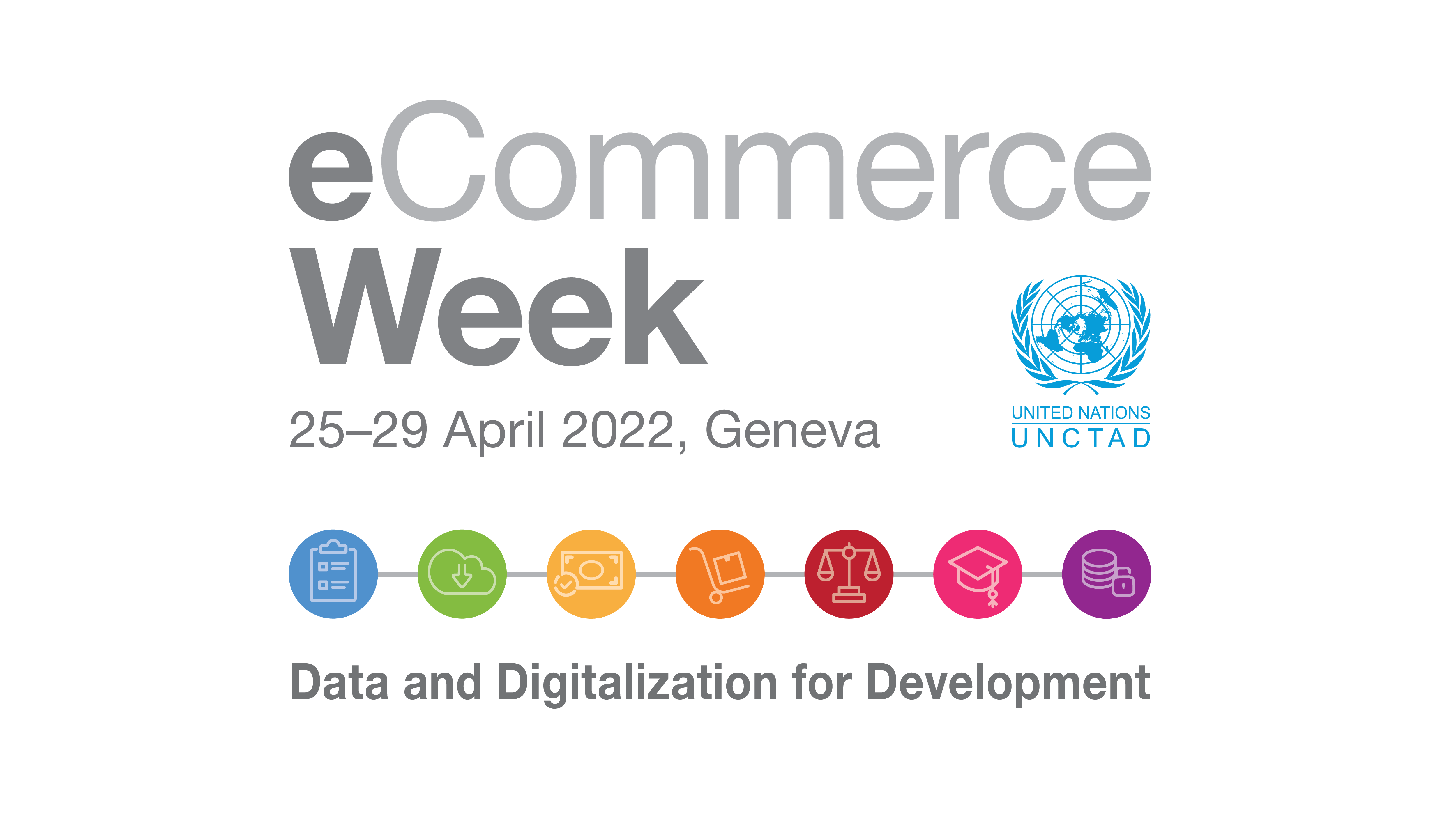Data-driven business to business e-commerce in Africa
26 Apr 2022 17:00h - 18:00h
Event report
The session aimed to address business-to-business (B2B) e-commerce on the African continent which is considered a driver for cross-border trade during COVID-19 and in the post-pandemic period. The discussion turned around the use of B2B and its role in the successful implementation of the African Continental Free Trade Area (AfCFTA).
Mr Paul Asinor (Executive Director, eCommerce Association of Ghana) kicked off the discussion by saying that expectations are running high in Africa and that e-commerce can be a significant source of accelerated economic growth, offering opportunities and promoting greater integration between markets. The African Union has proposed specific discussions on e-commerce as a significant contributor to the AfCFTA. It is projected that the sector would generate about 3 million jobs. However, globally B2B e-commerce is massive – up to five times the size of business-to-consumer (B2C). Hence, there is a reason to believe that suitable B2B platforms could be particularly adapted to Africa.
Mr Craig Chamberlain (Managing Director, Made in Africa B2B) shared practical experiences with B2B. Chamberlain said that the biggest issue that they noticed is trust. COVID-19 accelerated the Fourth Industrial Revolution and many companies went online to find what they were seeking. Therefore, e-commerce platforms are a new way of doing business. However, it leads back to trust, which is crucial. He also spoke about the e-commerce experience in South Africa.
Mr Alastair Tempest (CEO, E-commerce Forum Africa) elaborated on the challenges of e-commerce in Africa. According to Tempest, it is clear that challenges are common for B2B, as well as for B2C. Tempest mentioned some of the challenges Africa faces in e-commerce. First, transport is a major challenge since it is difficult to transport within Africa due to the vast size of the continent. Second, communications infrastructure or telecoms are interconnected to the digital divide. The third challenge is related to payments. Tempest recognised the work of the Pan-African Payment and Settlement System (PAPSS). One of the suggestions is to create a stable coin based on the value of gold and use it as a common currency in Africa.
Mr Ibrahima Nour Eddine Diagne (CEO, GAINDE 2000) said that B2B has always been part of e-commerce but is a relatively small player because the most visible part is actually B2C. However, in the context of the pandemic, most companies have shifted their perception that e-commerce is an opportunity and have started to consider it a necessity. We see many companies being obliged to have remote strategies to be connected with customers. In his view, Africa is not prepared enough to go for B2B intensive intra-African trade. He explained using the invoice example that is critical in B2B; there is no African agenda for the digitalisation of invoices. Diagne referred to the Certificate of Origin (CO) as another challenge, which also needs to be digitalised. In his opinion, we need a specific agenda on digitalisation. Diagne also shared his views on the path of Senegal, which has become one of the most successful countries to adopt e-commerce in Africa. Asinor asked him to elaborate on the question of whether France has played any role in Senegal regarding e-commerce. Diagne explained there is no link with France in promoting these initiatives and that all the effort has been supported domestically.
Ms Nagwa EL Shenawy (Advisor for Informatics & E-Commerce, Programme Manager, Egypt) elaborated on the question of data protection legislation in Egypt. She highlighted that African countries should equip individuals with the required digital skills. Shenawy informed about Egypt’s plan to provide digital skills that should help digitalisation implementation at large, not only B2B and e-commerce.
By Kristina Hojstricova
Event desciption
Related topics
Related event

